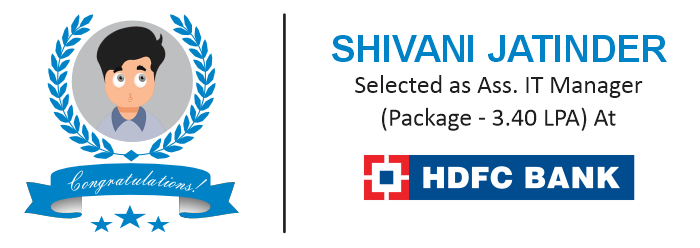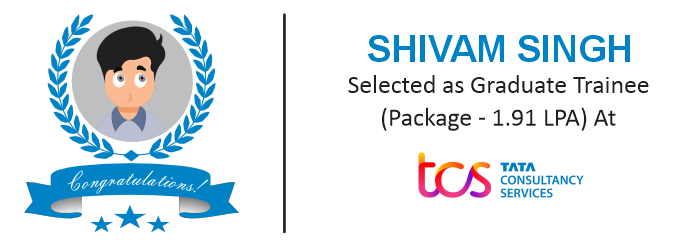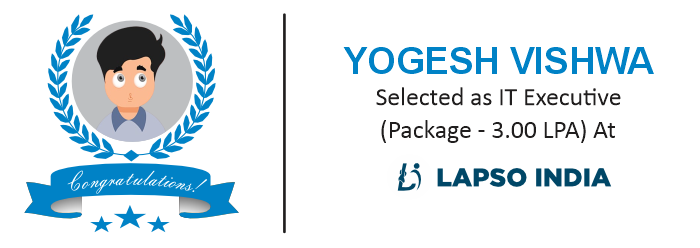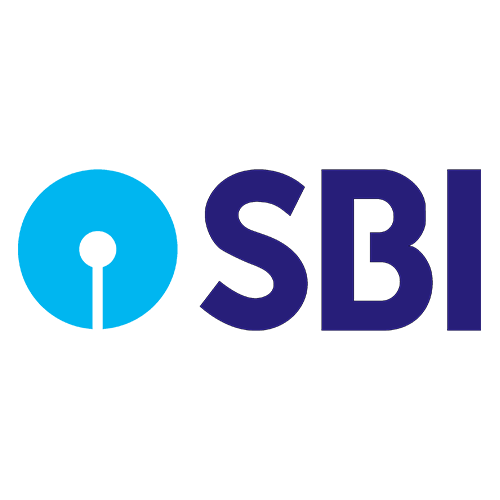Enquiry For Demo
GST, ITR, Payroll Certification

Course Duration- 60 Hours | Internship Plus
Course Objectives:
Learn to create and manage dynamic web applications with seamless backend and frontend integration
Build secure and efficient APIs using Laravel to enable robust communication between systems.
Analyze application performance and optimize database queries using Laravel's Eloquent ORM.
Prepare to develop, deploy, maintain scalable, full-stack web solutions for real-world business needs.
Industry Readiness Certification Programs
About GST, ITR, Payroll Certification
The Full Stack PHP with Laravel Certification is designed to equip learners with the skills needed to develop robust, scalable, and dynamic web applications. This program focuses on mastering PHP, a widely-used server-side scripting language, and Laravel, one of the most powerful and user-friendly PHP frameworks. Participants will gain a deep understanding of backend development, database integration, API creation, and frontend technologies to build full-stack web solutions. The certification emphasizes hands-on training, enabling learners to create real-world applications with Laravel's elegant syntax and powerful tools.
This Course is Suitable For
- Aspiring Web Developers: Individuals looking to build a strong foundation in web development and master both frontend and backend technologies.
- Software Developers: Professionals seeking to enhance their programming skills and learn to develop dynamic web applications using PHP and Laravel.
- Computer Science Students: Learners aiming to gain practical experience in full-stack development as part of their educational curriculum.
- IT Professionals: Technology enthusiasts who wish to stay current with modern web development practices and tools.
Course Syllabus Highlights:
Module 1: Introduction to GST (Goods and Services Tax)
- What is GST? Purpose and benefits
- History and evolution of GST in India
- Structure of GST (CGST, SGST, IGST)
- GST Law and Constitutional Provisions
- Key Terminologies: Supply, Input Tax Credit (ITC), Reverse Charge, etc.
- Who should register for GST?
- Types of GST registrations (Regular, Composition, Casual, Non-Resident)
- Step-by-step process of GST registration
- Step-by-step process of GST registration
- GSTIN, ARN, and its importance
- Documents required for GST registration
- Different types of GST returns (GSTR-1, GSTR-2, GSTR-3, GSTR-9, etc.)
- Filing GST returns – Due dates and penalties
- Reconciliation of GST returns (GSTR-1 vs. GSTR-3B)
- Annual return (GSTR-9) and its importance
- GST Payment process and challan generation
- Filing GST TDS/TCS returns
- Tax invoices, debit notes, and credit notes
- Format and details required on GST invoices
- Handling export and import invoices
- E-way bill generation and compliance
- GST on services and reverse charge mechanism
- Eligibility for claiming ITC
- Conditions for claiming ITC
- Documentation required for ITC
- Reversal of ITC and block credit
- ITC on capital goods and imports
Module 2:Income Tax Return (ITR) Filing
- Income Tax Act and its provisions
- Taxable income categories: Salary, Business, Capital Gains, Other sources
- Understanding income tax slabs for individuals, HUF, Companies, etc
- Taxation on different sources of income (salary, rent, business income)
- Overview of different ITR forms (ITR-1 to ITR-7)
- Which ITR form to use based on the nature of income
- Filing ITR-1, ITR-2, ITR-3 for individual taxpayers
- How to file an ITR: Online and offline methods
- Documents required for ITR filing (Form 16, bank statements, deductions, etc.)
- Section 80C deductions (PF, Life Insurance, PPF, etc.)
- Section 80D to 80U (Health insurance, education, etc.)
- House Rent Allowance (HRA) and its exemptions
- Deductions for capital gains
- Exemptions on salary income (LTA, Gratuity, etc.)
- How to calculate taxable income
- Tax payable after applying deductions and exemptions
- Advance tax and self-assessment tax
- Tax computation for salaried, self-employed, and business income
- Refund process: Filing for tax refund and tracking
- Acknowledgment of ITR filing (ITR-V)
- e-Verification process and options
- Rectification of mistakes after filing (via Section 154)
- Notice from the Income Tax Department (Scrutiny and assessment)
- Handling demands, penalties, and interest charges
Module 3:Payroll Management
- What is payroll? Importance of payroll in organizations
- Key components of payroll: Basic pay, allowances, bonuses, and deductions
- Payroll cycle and frequency (monthly, weekly, etc.)
- Payroll systems and software tools
- Role of HR, finance, and accounts departments in payroll management
- Components of salary structure (Basic, HRA, Special Allowance, Bonuses)
- Deductions: Provident Fund (PF), Employee State Insurance (ESI), Professional Tax (PT)
- Calculating taxable income from salary
- Calculating net salary after deductions
- Understanding Tax Deducted at Source (TDS) on salary
- TDS rates and their applicability
- Salary components that attract TDS
- Filing TDS returns for payroll and Form 16 generation
- Tax planning and salary restructuring to minimize tax liability
- Understanding various employee benefits (health insurance, gratuity, bonuses)
- Taxability of allowances and reimbursements (HRA, LTA, food vouchers)
- Provident Fund (PF) and Employee Pension Scheme (EPS) management
- Managing leave and absence records
- Handling statutory benefits: Gratuity, Maternity Leave, etc.
- Statutory Compliance under Labour Laws (Payment of Bonus Act, Payment of Gratuity Act, etc.)
- Minimum Wages Act and Payment of Wages Act
- Social Security Benefits: EPF, ESI, Gratuity
- Managing leave and absence records
- Professional Tax compliance across different states
- Filing of payroll-related statutory returns (ESI, PF, PT)
- Introduction to payroll software (e.g., Tally, QuickBooks, Zoho Payroll)
- Using payroll software to generate payslips, Form 16, and reports
- Automating statutory compliance (PF, ESI, PT calculations)
- Integration with accounting and HRMS systems
Module 4: Payroll Processing Case Study and Final Project
- A real-life case study involving payroll calculations
- Identifying salary components and processing payroll for employees
- Handling tax calculation, TDS, and statutory deductions
- Generating reports: payslips, Form 16, EPF/ESI reports, etc.
- Students will work on a project that involves complete payroll processing for an organization
- They will calculate gross salary, net salary, and statutory deductions, and prepare reports
- Submission of a final report on the project for review
What You'll Learn?
-
 PHP Programming Basics
PHP Programming Basics
-
 Laravel Framework
Laravel Framework
-
 MVC Architecture
MVC Architecture
-
 Routing and Middleware
Routing and Middleware
-
 Database Management
Database Management
-
 Building RESTful APIs
Building RESTful APIs
-
 Frontend Technologies
Frontend Technologies









.png)













